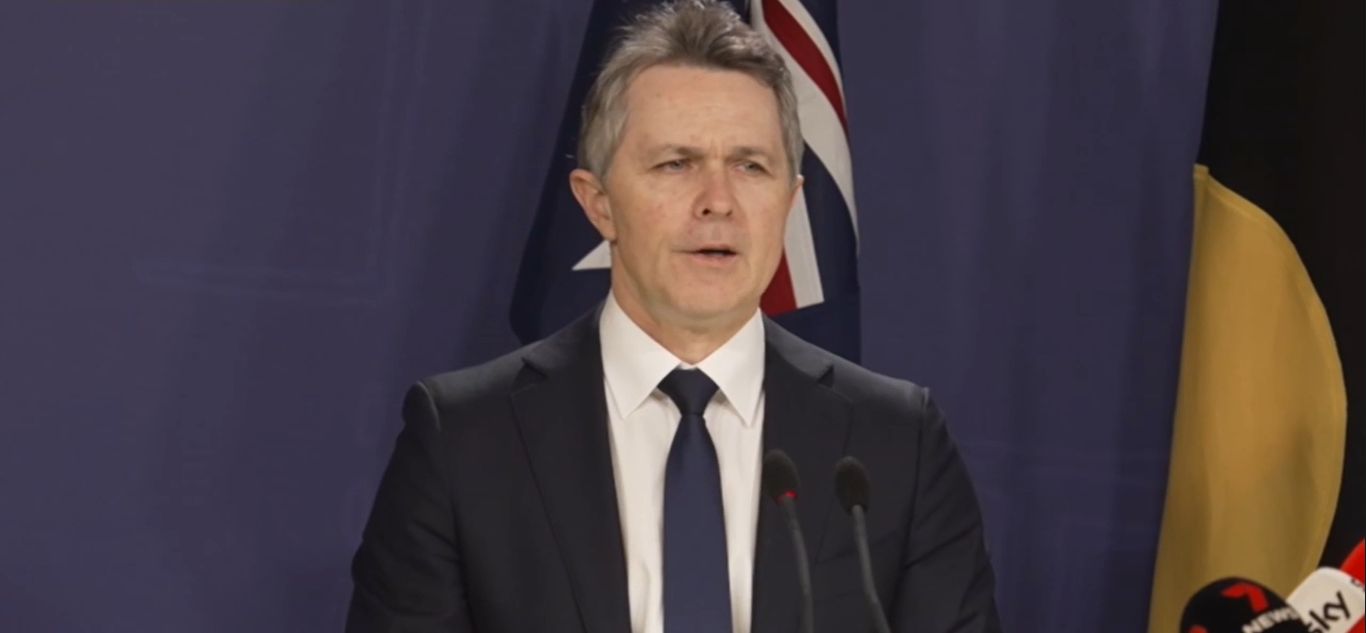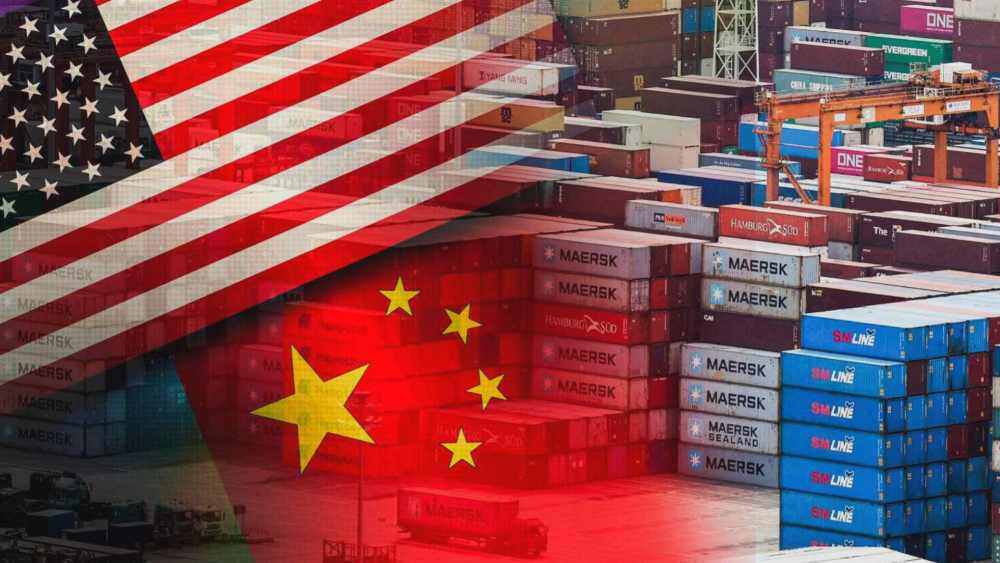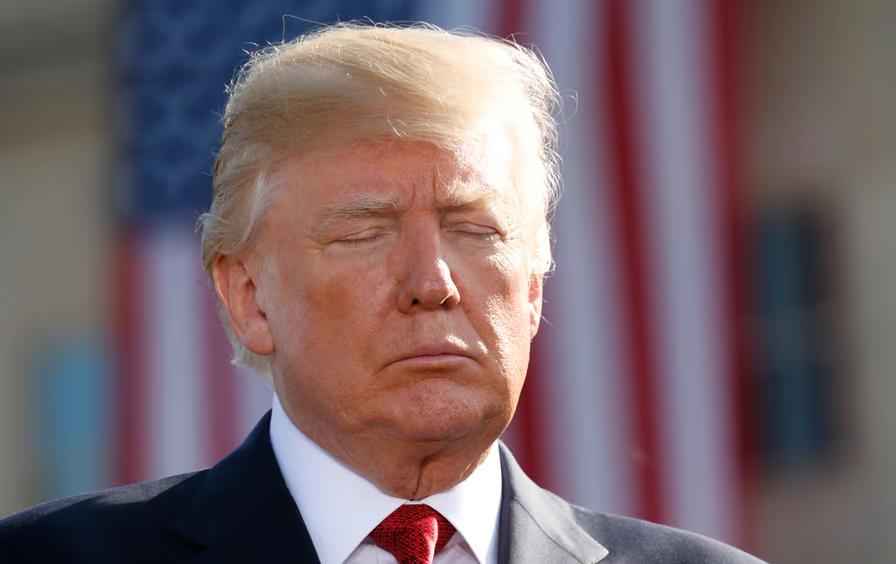Albanese Government Moves to Cap New International Student Enrolments at 270,000 for 2025
Aug 27, 2024 / GMT+6
Australia will cap new international students at 270,000 in 2025 to reduce migration and improve education quality. The move has sparked industry backlash.
More topics for you...This topic continues below.
China reports record $1.2 trillion trade surplus for 2025, defying Trump's tariffs.
Australia is known for its large and thriving international student market. But big changes are coming. The Australian government has decided to limit the number of new international students it will accept in 2025.
The new cap will restrict enrolments to 270,000 students. This decision is part of a broader plan to reduce migration to what it was before the pandemic.
Why the Cap?
Education Minister Jason Clare announced the cap on Tuesday. Each higher education institution in Australia will have its own limit on the number of international students they can enrol. The biggest cuts will affect vocational education and training providers, which have seen a huge increase in international students since the pandemic.
The government says this cap is necessary to keep the quality and sustainability of Australia's education sector.
Minister Clare explained that while international students bring many benefits, the recent rise in numbers has raised concerns. Some students do not have the necessary English language skills to succeed, and some providers are offering poor education just to make quick money.
The cap aims to address these problems and improve the quality of education for all students.
Impact on the Education Sector
Australia is currently home to about 717,500 international students, according to early 2024 data. The new policy has angered the higher education industry. Some universities have called the move "economic vandalism." They argue that capping international students will hurt the economy and damage Australia’s reputation as a top destination for education.
International education is a significant part of the Australian economy. In 2022-23, it was worth A$36.4 billion, making it the country's fourth-largest export.
Cutting the number of international students could lead to a major financial loss. According to economic models from Sydney University, the cap could cost the Australian economy A$4.1 billion and result in around 22,000 job losses by 2025.
Aiming for Quality and Sustainability
Minister Clare remains firm in his stance. He admits that some education providers will face tough financial decisions due to the cap. However, he says that the long-term benefits of keeping a sustainable and high-quality education sector are more important than the short-term economic impacts.
The government has also announced tougher English language requirements for international students and stricter checks on second study visa applications.
These steps are designed to stop unethical practices in the education sector. Clare emphasized that the goal is not to reduce the overall number of students but to ensure that those who come to Australia are genuine and capable of succeeding in their studies.
Addressing Migration and Housing Pressures
The cap is also part of a broader effort to address Australia's record-high migration levels. The country has been struggling with housing shortages and pressure on infrastructure.
By limiting the number of new international students, the government hopes to ease these issues.
The policy will affect different types of education providers in different ways. Public universities will be allowed to enrol 145,000 new international students, which is roughly the same as their 2023 levels.
Private universities and non-university providers will have a cap of 30,000 new students. Vocational education and training institutions will be limited to 95,000 students.
A Divisive Move
Some see the cap as necessary, while others argue it is a quick reaction to political pressures around immigration. The policy has been criticized for making international students the target for broader issues like housing shortages.
The Greens party, among others, has accused the government of unfairly targeting international students to ease public concerns about immigration.
In response, universities have promised to work with the government to manage the growth of international education.
They stress the importance of keeping Australia’s status as a global education leader while also addressing the challenges brought by rapid growth.
As the policy moves forward, the debate continues over its impact on Australia’s education sector and economy. What is clear is that the government’s decision will have far-reaching effects on students, educators, and the nation as a whole.







